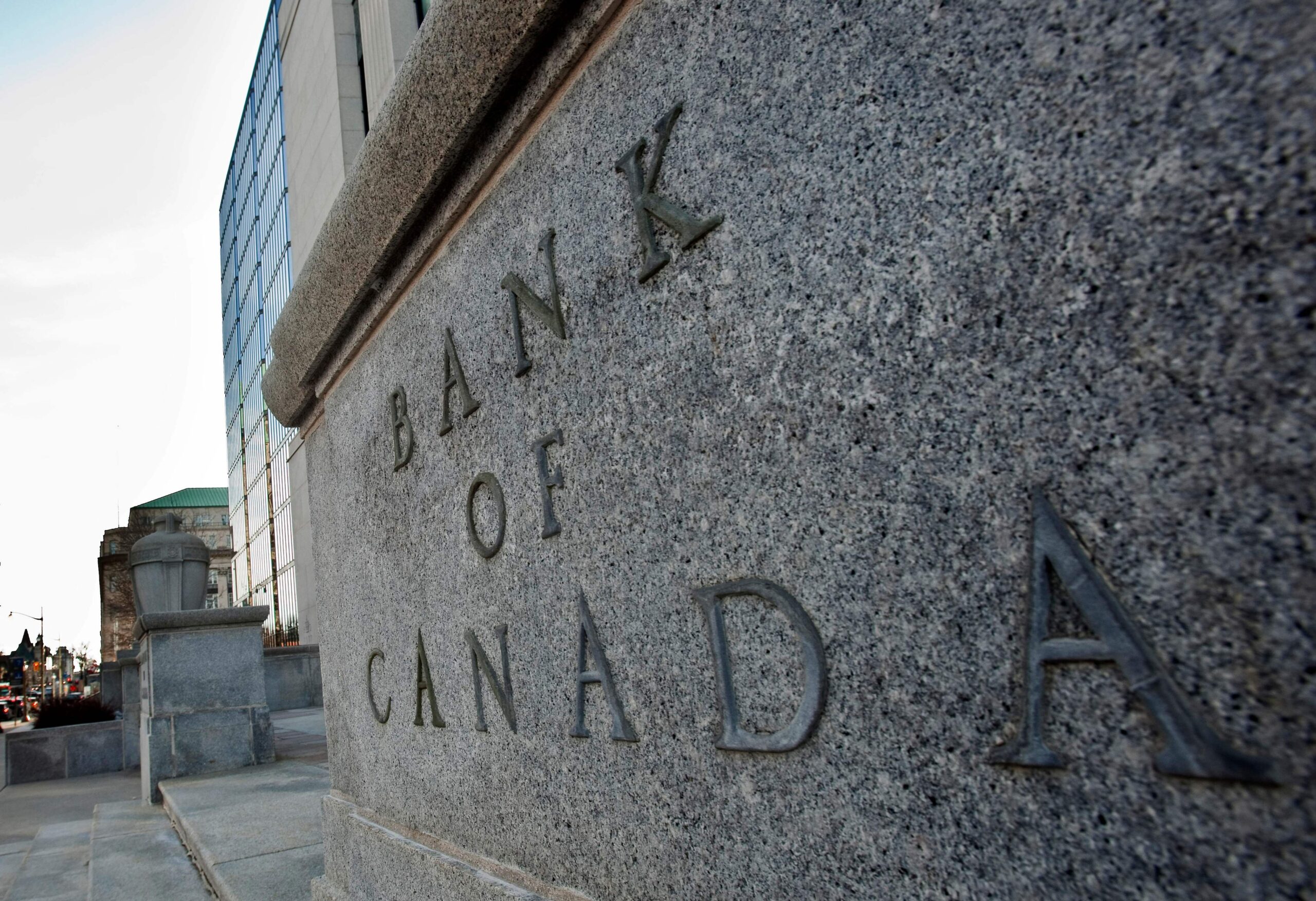The Bank of Canada’s (BoC) reaffirmation of its focus on price stability over deflation has brought its monetary policies into sharp public focus. Deputy Governor Lisa Clarke’s recent address sought to clarify misconceptions about the central bank’s approach, emphasizing its priority of fostering long-term economic stability amid persistent concerns about inflation, interest rates, and economic growth.
Stability Over Deflation: BoC’s Position Explained
Clarke’s statement highlights the BoC’s goal of stabilizing prices rather than driving them down to deflationary levels, addressing speculation about the bank’s tightening monetary policies. She stated, “We are not targeting deflation. Our priority is stable prices, which support long-term economic growth and resilience.” The remarks come as Canadians grapple with inflation’s tangible impacts and question the central bank’s role.
Public Dissent: Is BoC’s Approach Too Costly?
While the BoC insists its strategies are designed for stability, critics point to the rising interest rates that have increased borrowing costs for individuals and businesses. Entrepreneurs like Mark Dawson express concerns about the sustainability of their operations, stating, “These rate hikes are making it hard to stay afloat.” Economists and the public worry about the potential for unintended consequences, including reduced spending and slower economic growth.
Why Price Stability Matters
Supporters of the BoC argue that stability is crucial for fostering an environment where consumers, businesses, and investors can plan confidently. Financial analyst Sarah Bennett noted, “Stable prices create an environment where people can plan for the future. It’s not about making drastic changes but about achieving balance.”
The Interest Rate Debate
Interest rate hikes, aimed at controlling inflation, have become a contentious issue. While Clarke acknowledged the challenges they bring, she emphasized their necessity, stating, “Inflation control is essential for preserving economic stability.” However, the immediate impacts on household budgets and business operations fuel public frustration and debate among policymakers.
Balancing Inflation and Deflation Risks
Clarke dismissed fears that the bank’s measures aim to induce deflation, stressing their focus on avoiding extremes. However, navigating between inflation and deflation remains a complex challenge, with both posing risks to consumer confidence and economic growth.
Human Impact and Public Transparency
Beyond economic considerations, Canadians are feeling the tangible effects of monetary policy, from higher mortgage payments to increased rents and limited access to affordable credit. Clarke emphasized the importance of transparency and public communication to address concerns and rebuild trust.
Looking Ahead: What’s Next for the BoC?
The BoC’s next moves will be pivotal, as it monitors inflation trends and economic conditions. Clarke hinted at a flexible and measured approach, suggesting that the central bank’s strategy will evolve with changing circumstances.
Conclusion: A Pivotal Moment for Canada’s Economy
The Bank of Canada’s focus on price stability has sparked widespread discussion about the trade-offs between economic growth and long-term resilience. While its policies aim to shield Canadians from future risks, the current challenges underscore the difficulty of achieving balance during times of economic uncertainty. The BoC’s actions in the coming months will not only influence the economy but also determine public confidence in its role as a steward of stability.











